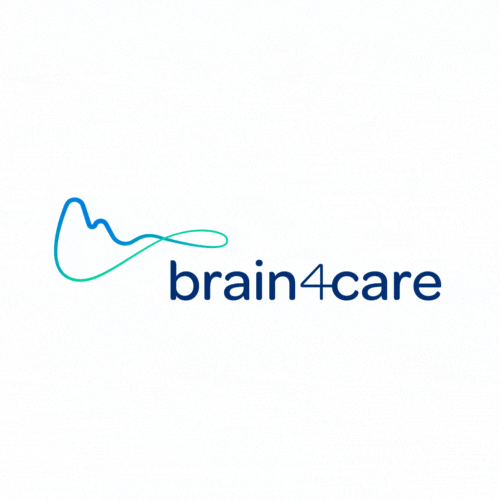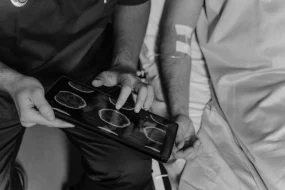
Researchers led by City of Hope have developed a powerful miniature brain platform to study the mechanistic causes of Alzheimer’s disease and to test dementia drugs in development
City of Hope researchers were able to model sporadic Alzheimer’s disease, the most common form of the condition, using “brain organoids” derived using human induced pluripotent stem cell (hiPSC) technology. Because Alzheimer’s is a disease of age, the scientists exposed the models to serum to mimic age-associated blood-brain barrier breakdown.
Then they ran the organoids through different experiments to test known Alzheimer’s biomarkers, including elevated levels of amyloid plaques and tau tangles as well as synaptic breaks linked to cognitive decline, among other pathological phenotypes brought on by the condition.
The full report on the publication can be accessed at the Science Daily website.
The paper featuring the research may be retrieved from the DOI: 10.1002/advs.202101462





